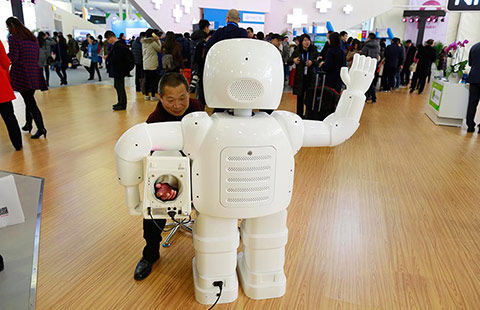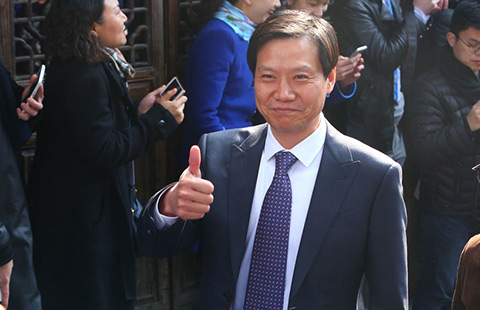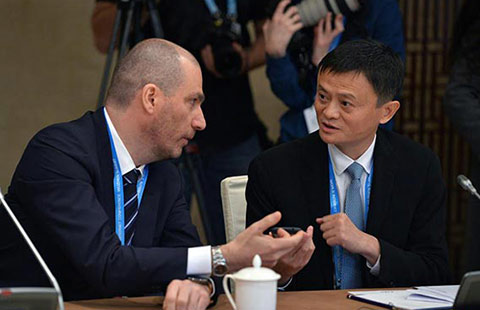Historic China-Australia FTA enters into force, benefiting both countries
(Xinhua) Updated: 2015-12-21 07:46The trade minister said ChAFTA also opened up a range of new opportunities for Australian service providers with significantly enhanced market access for financial services companies, law firms, professional services suppliers, education services exporters, as well as health, aged care, hospitality, construction and manufacturing businesses.
Minister for Tourism and International Education Richard Colbeck said in a statement on Sunday that ChAFTA is a boost for tourism.
"Not only will ChAFTA strengthen Australia's inbound tourism industry but it will also create new opportunities for Australian tourism providers in China," Colbeck said.
In 2014-15, 927,700 Chinese nationals visited Australia and spent almost A$7 billion($5 billion), more than any other country. Tourism Research Australia forecasts that by 2022-23, 1.5 million Chinese will visit Australia annually and spend over A$10 billion ($7.2 billion).
Under ChAFTA, the Chinese Ministry of Education will promote 77 Australian private higher education institutions for students who want to study in Australia.
"More Chinese students studying in Australia will have enormous flow-on effects for our local tourism industry," said Colbeck.
The agreement will also inevitably stimulate new levels of growth in the two-way investment which is currently worth around A$121 billion ($87 billion).
"ChAFTA will also help drive innovation as Australian businesses, big and small, increasingly exploit e-commerce and other emerging technologies to connect with Chinese consumers," Robb said. "For example, earlier this year, vitamin supplements manufacturer Blackmores and meat exporter Sanger Australia each signed agreements with JD.com to sell their products on China's largest online shopping website."
Australia China Business Council (ACBC) National President John Brumby welcomed ChAFTA's entry into force on Sunday.
"Today marks a watershed in Australia-China relations, with ChAFTA now in operation after nearly 10 years of negotiations. The competitive advantages ChAFTA accords Australian businesses in the China market are immense and will be immediate, with a first round of tariff cuts on entry into force followed by a second round on Jan. 1, 2016," Brumby said.
"ChAFTA is a substantial achievement for both Australia and China, an important expression of confidence in our economic relationship. The agreement will be the platform that will take our relationship to a new level," he added.
The trade deal was reached after decade-long talks that began in 2005. The process was greatly accelerated after Chinese President Xi paid a state visit to Australia in November 2014 and brought about the signing of the Declaration of Intent.
- China to become Australia's biggest international tourism market: report
- Chinese consortium edges closer to securing Australia's largest milk supplier
- Luye Medical to buy Australia's Healthe Care for $688 million
- Influx of Chinese visitors helps Australia's tourism industry post record growth
- Wanda planning theme park in Australia
- Dong-E-E-Jiao eyes food brands
- Shenzhen entrepreneur sets sights on 3D sensing
- Taiyuan Iron & Steel takes the value-added path to profits
- China Machinery Engineering to fund Pakistan coal projects
- Qihoo's privatization rekindles Chinese companies' buyout spree
- Home appliance makers to ride intelligence and Internet to glory
- China projected to remain fastest-growing consumer market
- Savills reports surge in overseas property buying from Chinese companies

















